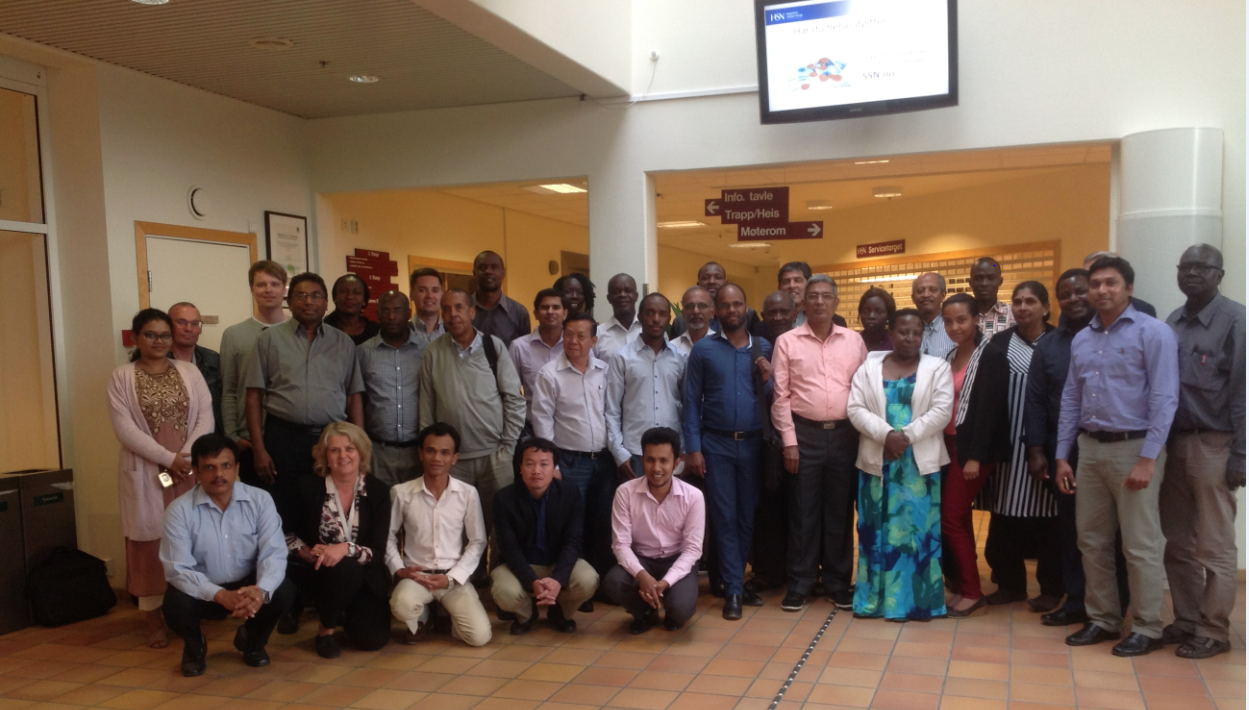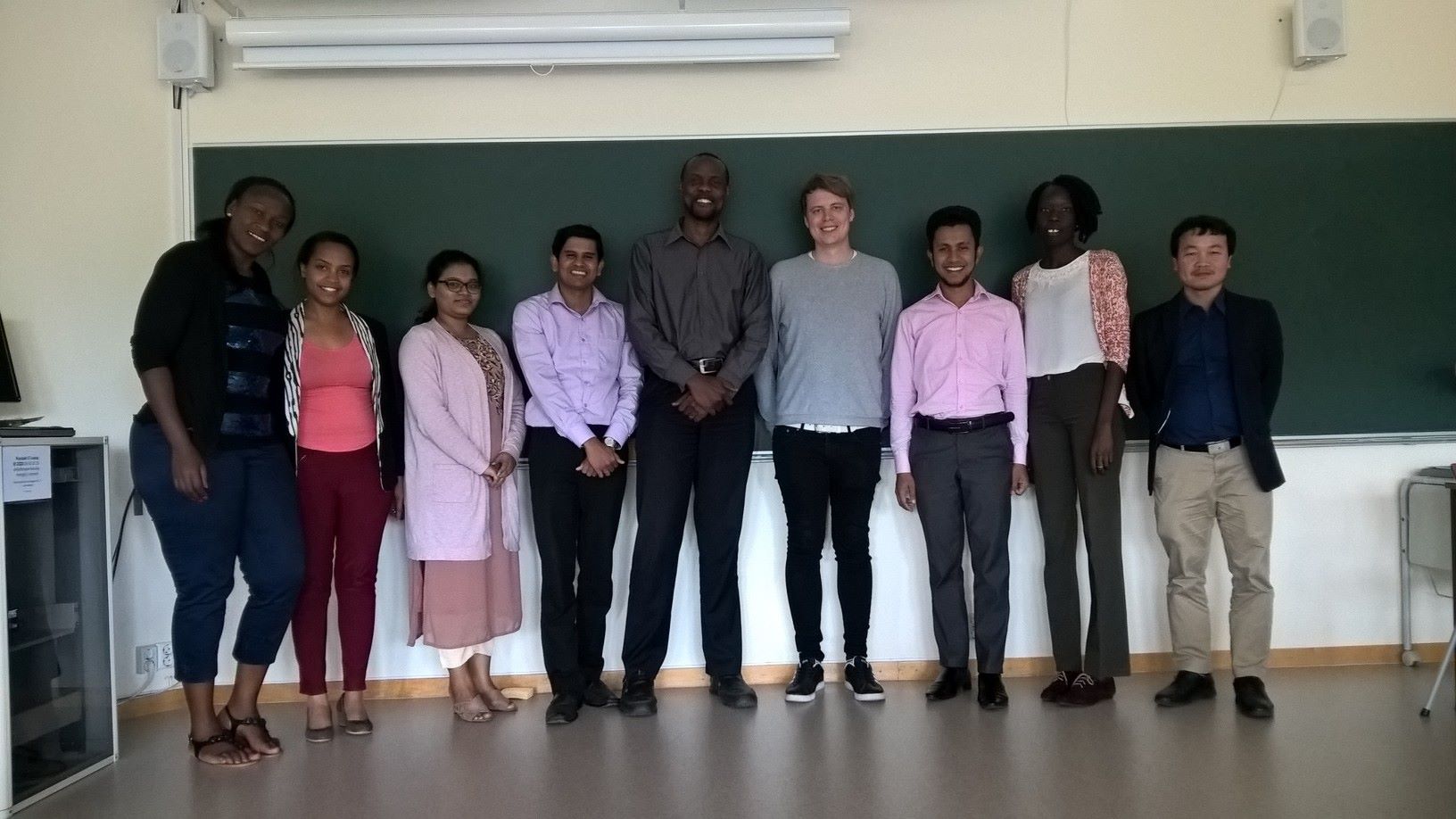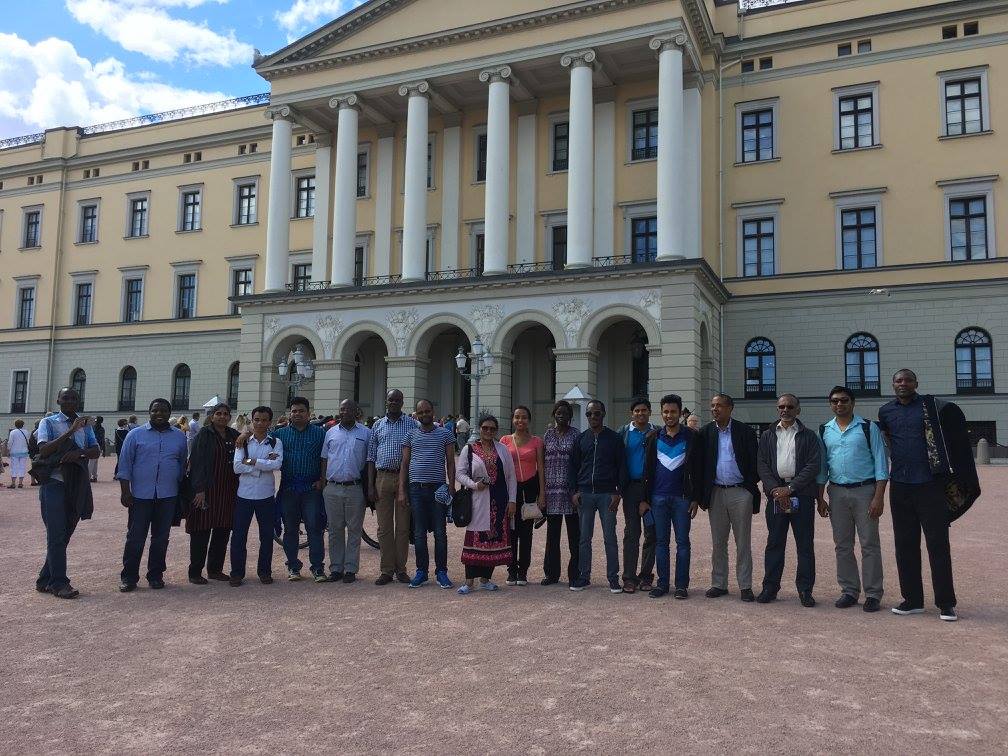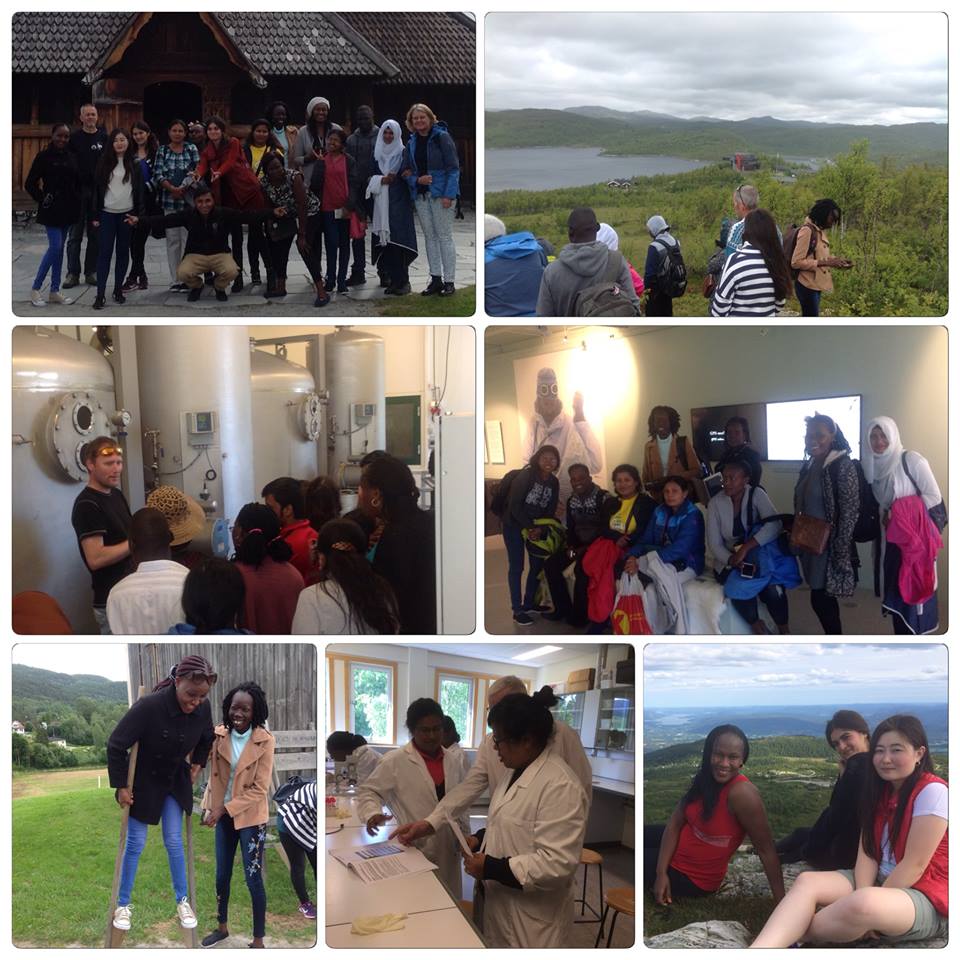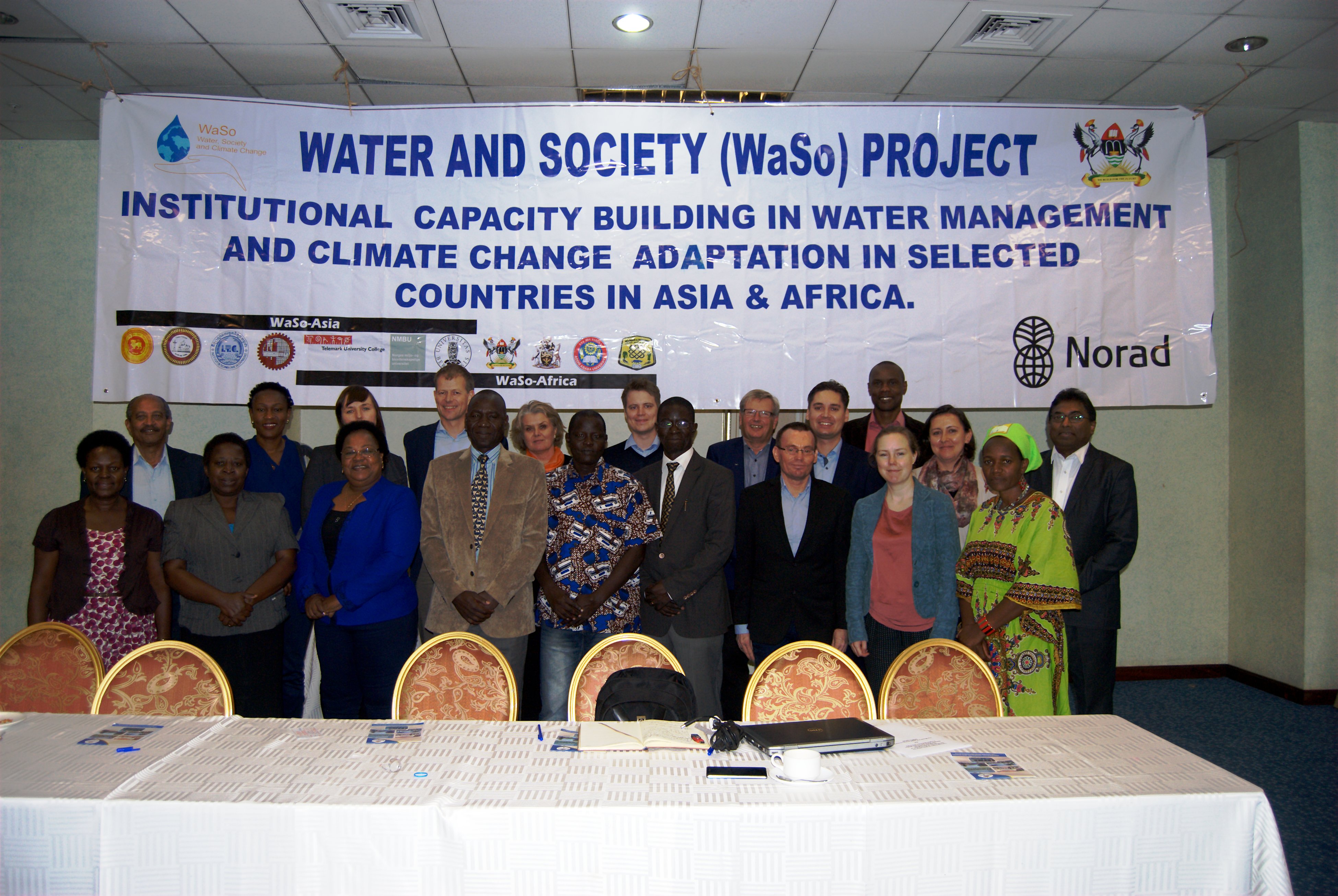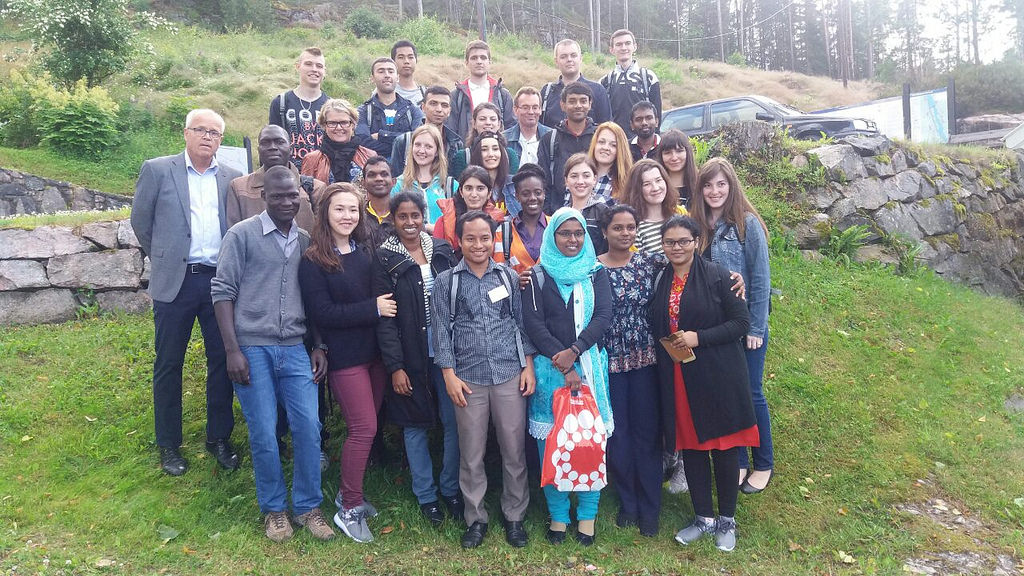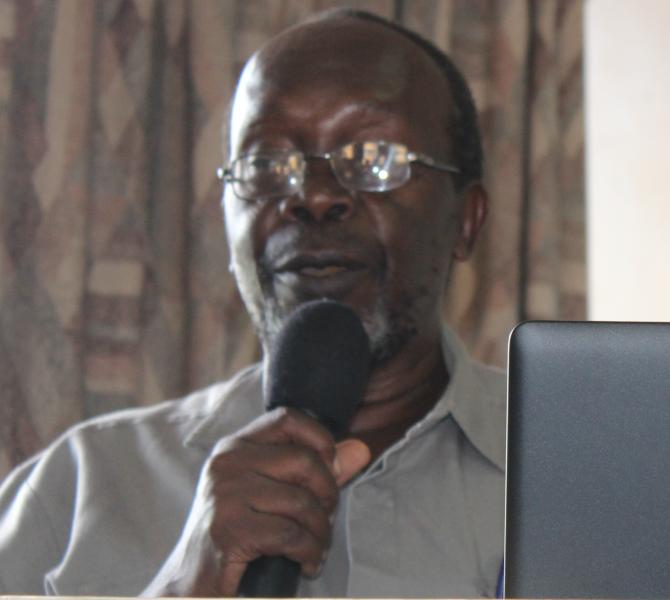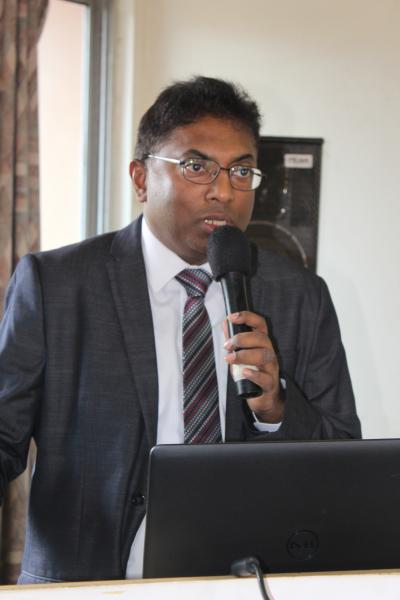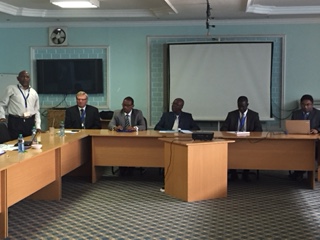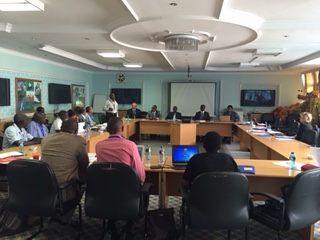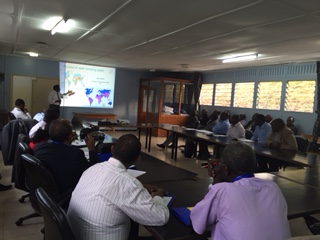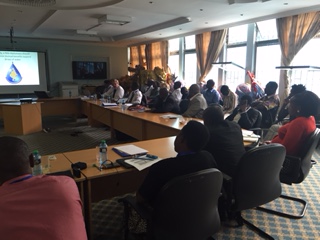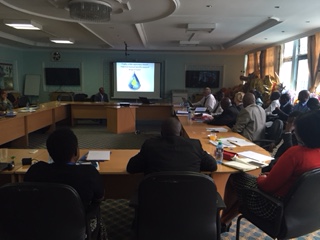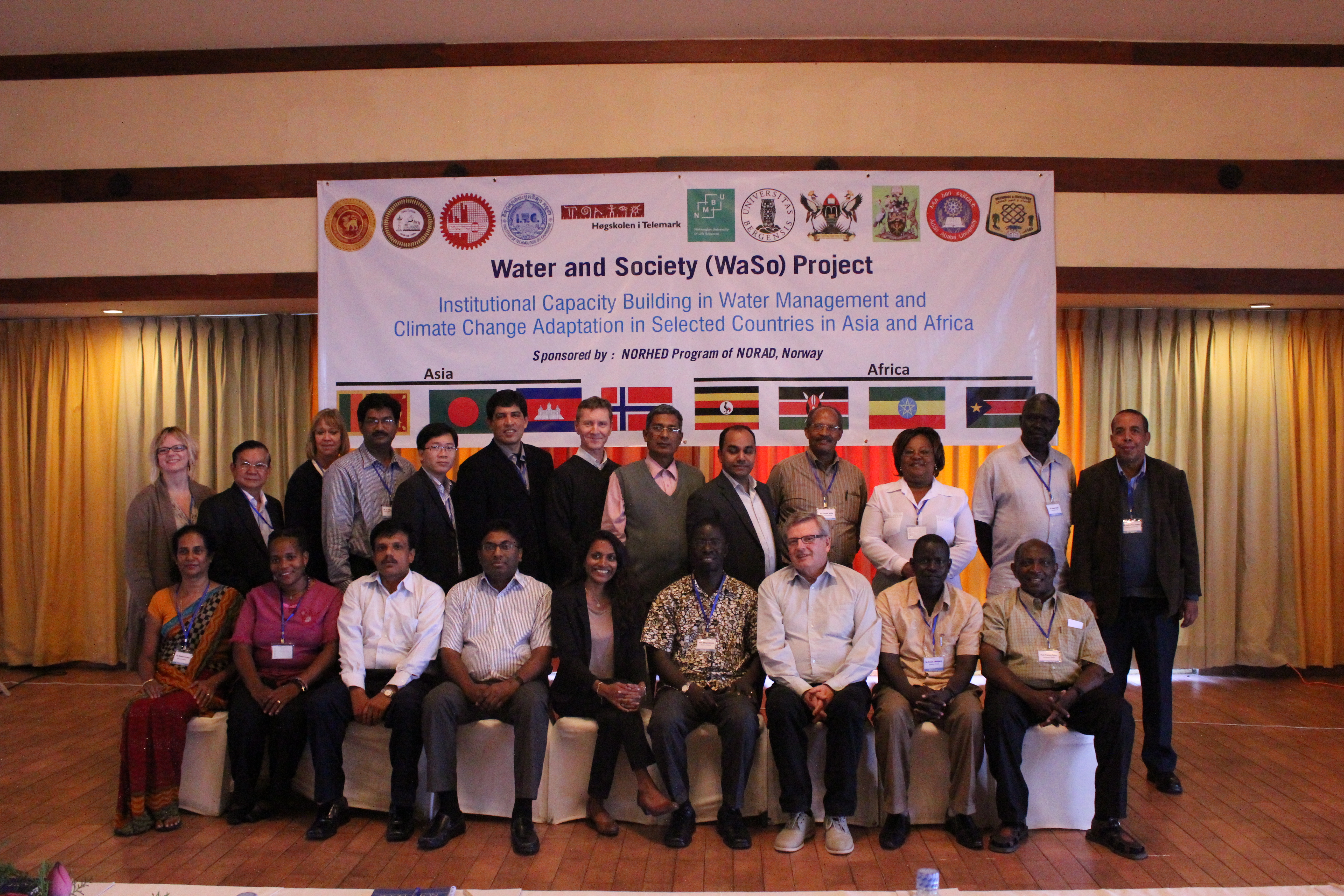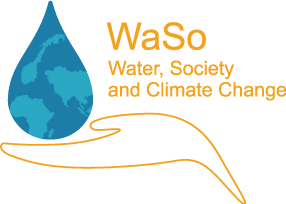WaSo Asia annual meeting was held from 1st to 4th July at the University College of Southeast Norway in Bø in Telemark, followed by the annual progress meeting with Norad in Oslo.
The main issues of the meeting were:
- Administrative issues and follow up of the reporting for FY2016.
- Updating status and activity plan, and reviewing the outcomes and outputs of the projects.
- Summer school, fellowships and supervision training
- E-learning
- Curricula development
During the meeting, 2 sessions of training on how to become an ideal supervisor was conducted by Professor in mental health at USN Robert Bongaard. During these sessions we had the opportunity to go through the supervision guidelines made by the project, and got valuable inputs for a second version of these guidelines.
All the secretaries also had a joint secretary meeting during our time in Bø, where joint challenges and best practices were discussed. This is the first time all secretaries from both WaSo Asia and WaSo Africa met in person.
While the coordinators and some of the secretaries attended the meeting with Norad in Oslo, the Post Docs and the rest of the secretaries had a guided tour in Oslo, before joining the rest of the group for dinner in the evening.
